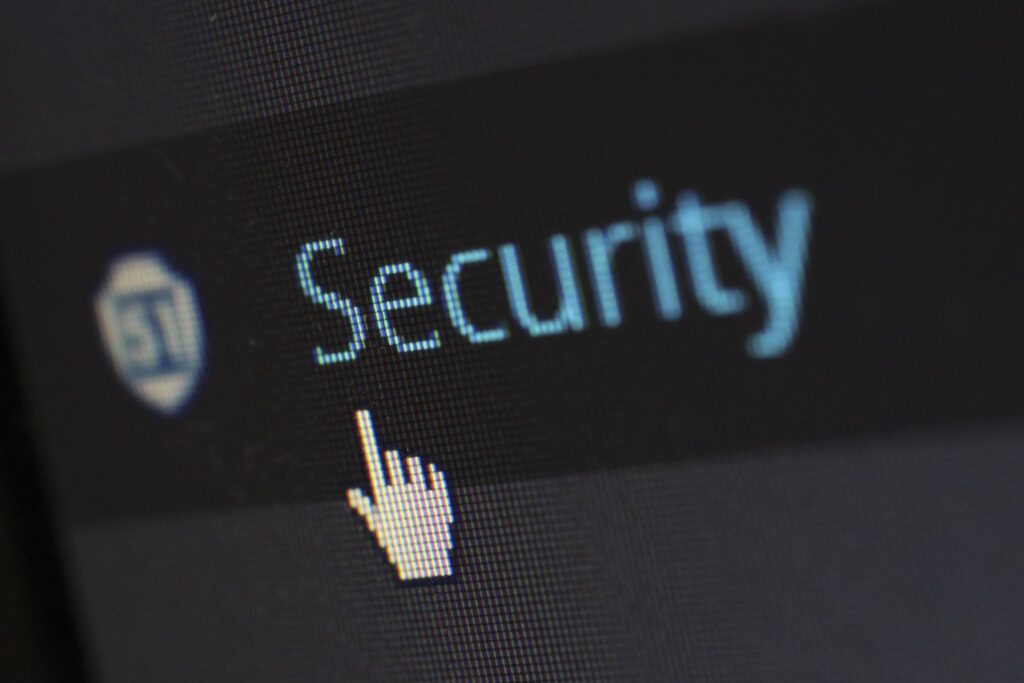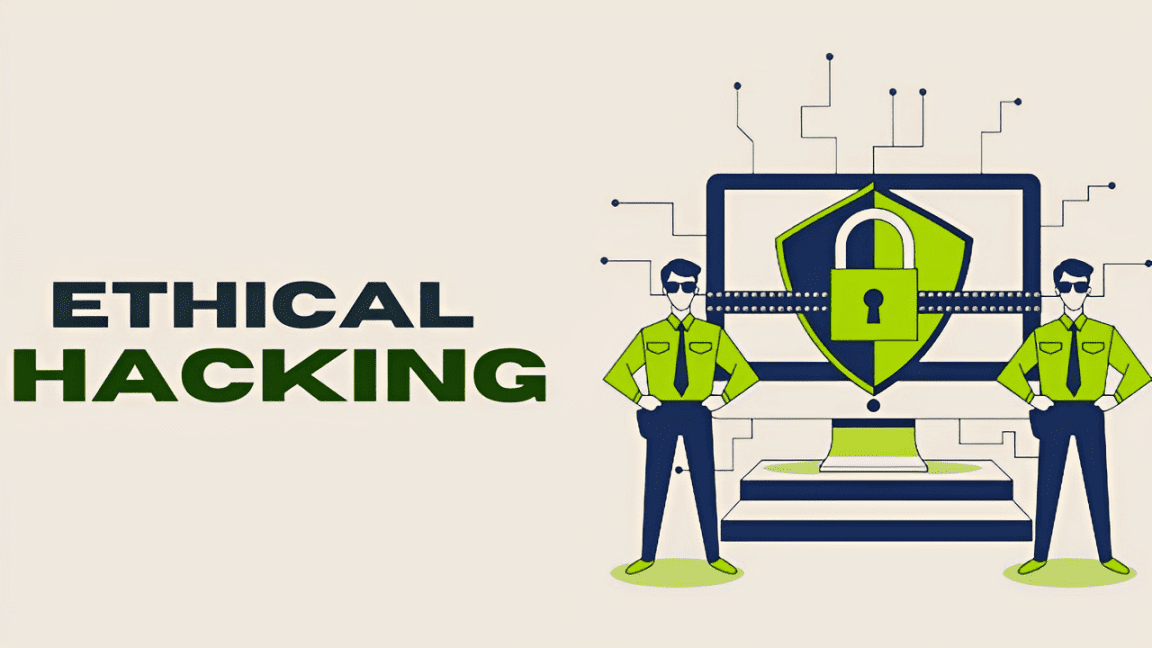Introduction
In our interconnected world, cybersecurity stands as a paramount concern. With the evolving landscape of cyber threats, organizations require skilled professionals who can safeguard their digital assets. Ethical hacking emerges as a vital component in the fight against malicious attacks. In this blog, we embark on a journey to explore the realm of ethical hacking, shedding light on its definition, significance, and the individuals known as “white knights” who utilize their hacking skills for the greater good. Join us as we uncover the world of ethical hacking and its profound impact on cybersecurity.
Summary of the Blog
- Ethical hacking serves as a legitimate and authorized means of identifying vulnerabilities and securing systems in the field of cybersecurity.
- Ethical hackers possess technical skills in programming languages, network protocols, and system architectures, utilizing specialized tools to uncover and exploit vulnerabilities.
- The ethical hacking methodology follows a systematic approach, including phases such as reconnaissance, scanning, gaining access, maintaining access, and covering tracks.
- Legal and ethical considerations govern ethical hacking, requiring proper authorization, informed consent, and adherence to privacy and data protection principles.
- Ethical hacking brings numerous benefits to organizations, including proactive vulnerability identification, enhanced security measures, and cost-effectiveness compared to reactive approaches. Additionally, certifications and career opportunities in ethical hacking offer growth potential for individuals in this field.

Understanding Ethical Hacking
Ethical hacking sets itself apart from its malicious counterpart by promoting the use of hacking techniques for authorized and legitimate purposes. Unlike cybercriminals, ethical hackers collaborate with organizations to uncover vulnerabilities, secure systems, and protect sensitive data. In this section, we delve into the legal and ethical considerations that encompass ethical hacking, highlighting the indispensable role these cybersecurity experts play in today’s digital landscape.
The Skills and Expertise of Ethical Hackers
Ethical hackers possess a unique set of technical skills and knowledge. They must exhibit proficiency in programming languages, network protocols, and system architectures. This section explores the skills and expertise required to excel in ethical hacking, emphasizing the importance of continuous learning and adaptability to keep pace with the ever-evolving cyber threats. Additionally, we examine the tools and technologies that ethical hackers rely on to identify and exploit vulnerabilities, ensuring a comprehensive understanding of their practical applications.
The Ethical Hacker's Toolkit
When it comes to assessing the security of systems and networks, ethical hackers employ a range of specialized tools. This section provides an overview of commonly used ethical hacking tools, such as vulnerability scanners, password crackers, and network analyzers. By categorizing these tools based on their purpose, we shed light on their practical application in real-world ethical hacking scenarios. Discover how ethical hackers leverage these tools to unveil vulnerabilities and fortify cybersecurity defenses.
Ethical Hacking Methodology:
Effective ethical hacking follows a systematic approach. This section explores the standard methodology employed by ethical hackers, which encompasses various phases, including reconnaissance, scanning, gaining access, maintaining access, and covering tracks. Each phase is examined in detail, accompanied by practical examples and best practices. By comprehending the ethical hacking methodology, organizations can proactively identify and address vulnerabilities before malicious actors exploit them.
Legal and Ethical Considerations
Ethical hacking operates within legal and ethical boundaries. In this section, we explore the global laws and regulations governing ethical hacking. We emphasize the significance of obtaining proper authorization and informed consent before conducting any ethical hacking activities. Furthermore, we discuss the ethical responsibilities and boundaries that ethical hackers must adhere to, ensuring their actions align with the principles of privacy and data protection..
Benefits of Ethical Hacking for Organizations
Ethical hacking offers substantial benefits to organizations. By identifying vulnerabilities and potential risks, ethical hackers assist organizations in fortifying their security measures and reducing the likelihood of data breaches. Moreover, ethical hacking proves to be a cost-effective approach compared to reactive measures taken after a security incident occurs. This section elaborates on the numerous advantages organizations gain by engaging ethical hackers as their cybersecurity allies.
Ethical Hacking Certifications and Career Path
Certifications play a vital role in the field of ethical hacking. In this section, we provide an overview of popular ethical hacking certifications, such as the Certified Ethical Hacker (CEH) and the Offensive Security Certified Professional (OSCP). We delve into the importance of certifications in validating skills and knowledge, and how they enhance career opportunities for aspiring ethical hackers. Explore the potential career path and growth prospects within this dynamic and high-demand field.
Challenges and Future Trends
The landscape of cybersecurity is in a constant state of evolution, posing new challenges for ethical hacking. In this section, we delve into emerging challenges, including AI-based attacks and vulnerabilities associated with the Internet of Things (IoT). We also discuss the evolving techniques and methodologies within ethical hacking, emphasizing the need for continuous learning and adaptation. Lastly, we speculate on the future of ethical hacking and its pivotal role in ensuring the security of cyberspace.
Conclusion
Ethical hacking stands as a crucial defense mechanism in the realm of cybersecurity. The “white knights” of ethical hacking play a pivotal role in identifying vulnerabilities, securing systems, and safeguarding sensitive data. With the increasing complexity of cyber threats, the demand for skilled ethical hackers continues to rise. By unraveling the world of ethical hacking, this blog aims to inspire individuals to pursue careers in this field while emphasizing the vital role ethical hackers play in fortifying our digital world.




